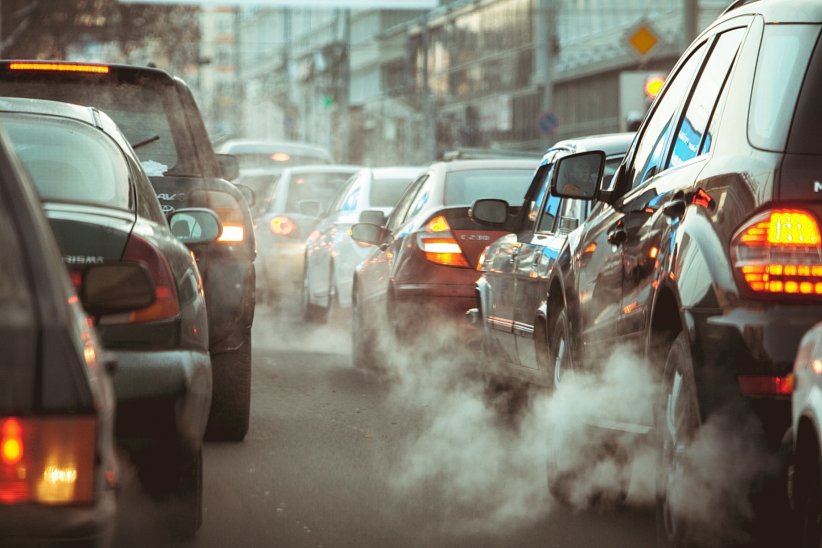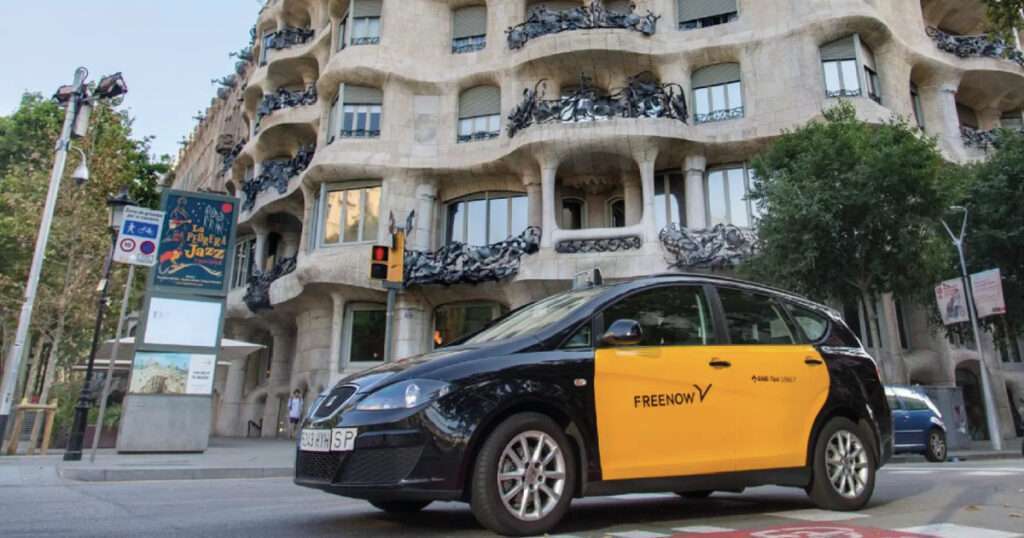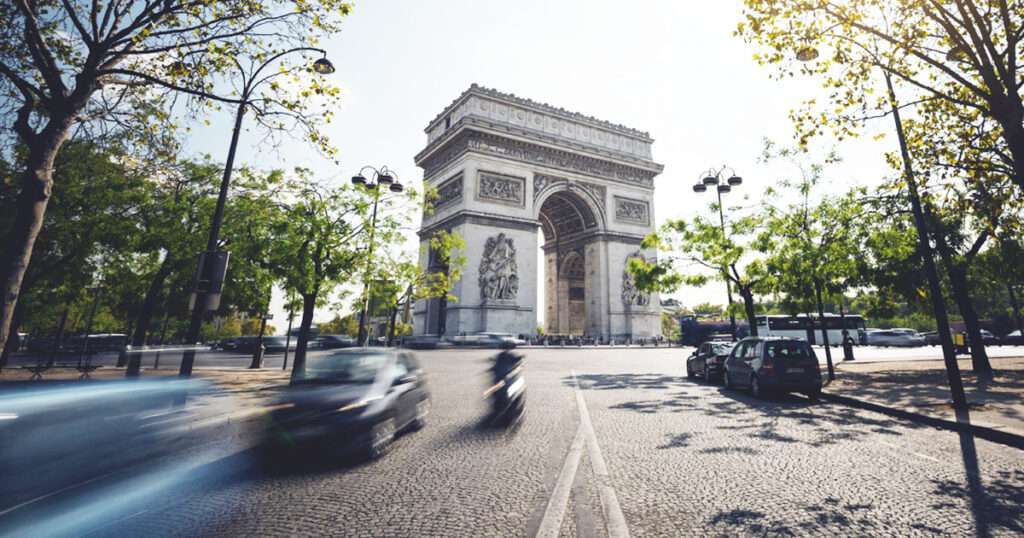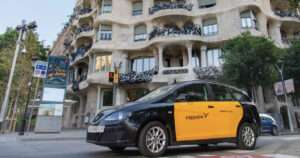For months now, we have been hit by a global crisis. A pandemic is emerging as a historic moment that will mark a before and after COVID-19. This is particularly true in terms of the environment. Since public and private transport has been progressively stopped, several cities have been recording historic levels of pollution. As an advocate of sustainable and soft mobility, we have taken a closer look at these environmental changes. Through our case study, discover at which level this is reflected? And finally, what new resolutions should we adopt in terms of mobility in order to continue to preserve our planet.
Deserted streets around the world
Worldwide, more than 184 countries are currently affected by COVID-19. As a reminder, the United Nations lists 194 countries around the world. That’s 9 out of 10 countries confronted with the Coronavirus ! Partial or total, according to AFP, more than 80 countries have chosen to implement containment measures. At present, more than half of the population finds itself locked up at home. According to a survey by the 40 Million Motorists Association, 94% of French people claim not to have driven more since the beginning of the coronavirus.
A crisis that has also affected the public and private transport sector. Indeed, public transport, taxis, car with drivers, scooters, bicycles, etc. have gradually limited or even stopped their activities. According to Moovit, French public transport recorded an 87.21% drop in average traffic. A map showing these rates in 10 cities is shown in the computer graphics. The same applies to the SNCF, which now provides only 7% of its normal traffic. It has recently removed the OUIGO, Eurolines, Blablabus and Blablacar offers from its website. At the micro-mobility level, the majority of self-service scooter services are at a standstill. This is the case for Bird, Lime, Jump or Voi. Until now, only Dott has maintained its service.
The same is true for air travel. It is estimated that airlines operating in France could lose about 65 million passengers. In fact, Air France has maintained only 10% of its flights, consisting mainly of repatriations.
Paralyzed transport leads to better air quality
As you may already know, transportation is the largest source of greenhouse gases. In 2019, Citepa (“Centre interprofessionnel technique d’études de la pollution atmosphérique”) demonstrated through its Secten report that in 2017 transport contributed 29.7% of CO2 equivalent emissions. This was ahead of the industry and the tertiary sector (25.8%) and agriculture (18.9%). The transport sector includes road sources, the main emitter, and non-road sources (air, rail and waterways). Three-quarters of transport-related emissions come from cars, buses and trucks. This is followed respectively by air (12%), maritime (11%) and other transport (3%). These emissions are mainly related to fuel combustion. But also from the evaporation of gasoline and abrasions (brakes, tires, road, catenaries, etc.).
In Paris
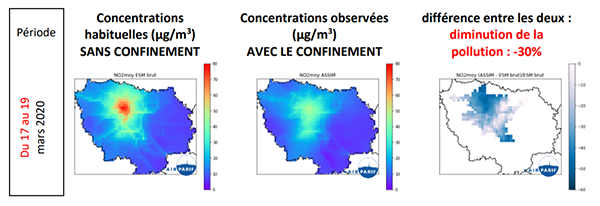
From these maps, we can see that containment has had a real impact on improving air quality. According to Airparif, “this evaluation highlights an improvement in the air quality of around 20 to 30% in the Paris conurbation. As a result of a reduction in emissions of more than 60% for nitrogen oxides”. In its study, the association also adds that “this decrease in air pollutants is accompanied by a decrease in carbon dioxide”. It is important to specify that “in 40 years of Airparif’s measurements, this situation has never occurred to such a high degree and on such many stations”.
In Lyon
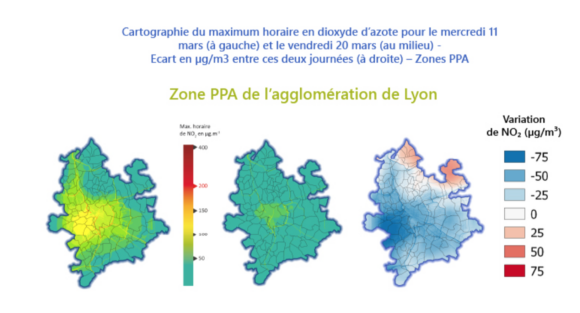
The same observation, on the Lyon side. With an 85% drop in car traffic in the city centre, nitrogen dioxide concentrations have fallen sharply. An estimated drop of 47% and 30% in fine particles. Stéphane Socquet, Atmo Auvergne-Rhône-Alpes production director, in charge of evaluating the region’s air quality, stated that “we were approaching levels that are almost never observed in the city centre”. Another observation observed is the significant drop in noise levels. Indeed, the Metropole Noise Environment Observatory has noted a decrease in noise pollution following the deployment of containment measures. Notably on the side of the famous Place Bellecour. A difference of more than 13 decibels was observed between an ordinary Saturday evening and a Saturday of containment.
Okay, but after COVID-19? Are we going to back out…
As we have seen, this forced break from social life has a strong impact on our planet. But once the containment is over, what will happen? Stopping home office, we will get back in the car to go to work or do our shopping. A major issue for our planet but also for our health, it is important to specify that air pollution is the second cause of avoidable death in France. According to a Public Health study, it causes nearly 48,000 deaths per year in France.
From this observation, it is therefore important to learn from what is happening to us. With the mission to act for a better world. This can begin in particular by slightly changing our mobility habits. Indeed, according to the Ademe study below, on a 2 kilometers journey, in one year, the car emits twice as much CO2 as the bus. Nine times more than the TER and seventy-five times more than public transport (RER, Metro, Tramway, etc.).
As stated in our article “The French always so addicted to their cars“, according to Ipsos 87% of French people use it at least once a day. Given this finding, it is important to start thinking about favouring less polluting forms of transport. Especially during our daily journeys. Knowing that it is not easy for everyone to adopt this, because of its geolocation, for example, some solutions can help to remedy this. This is also the case with MaaS.
A platform grouping together different modes of transport, its purpose is to enable the planning and reservation of several transport operators. All on a single platform. In particular, Lyko has developed the most powerful and intuitive tools to launch and develop its own MaaS solution, via the integration of a simple API grouping together more than 2500 mobility services from all over the world. For more information, please visit our website lyko.tech.

